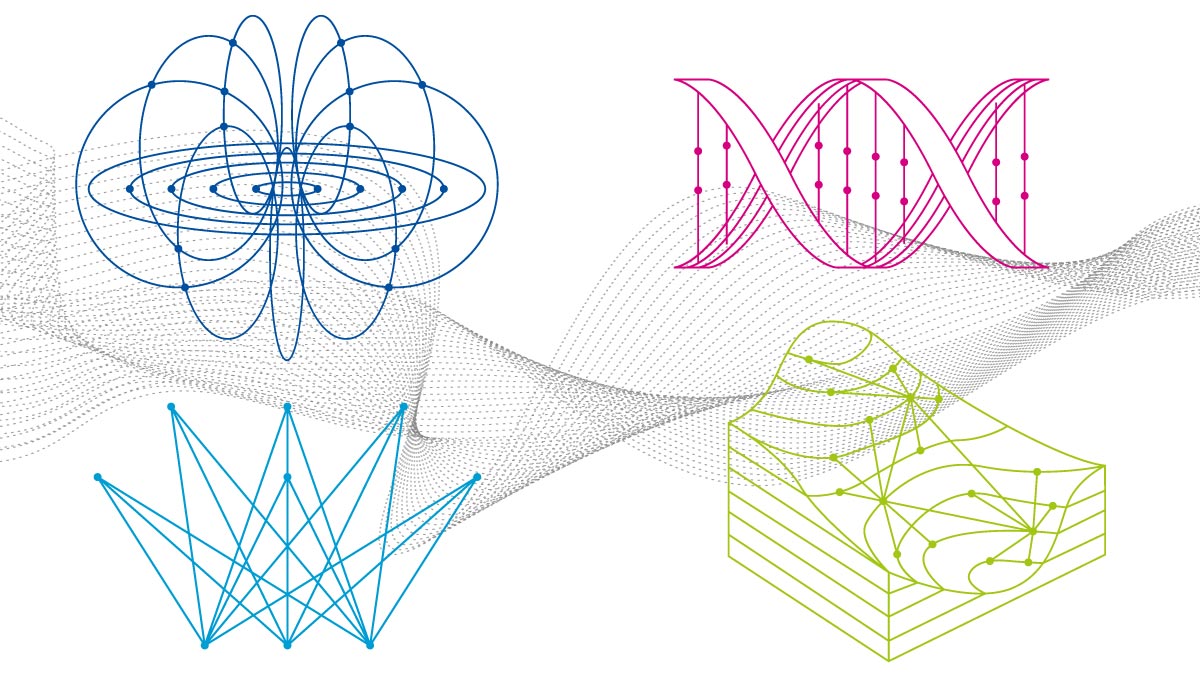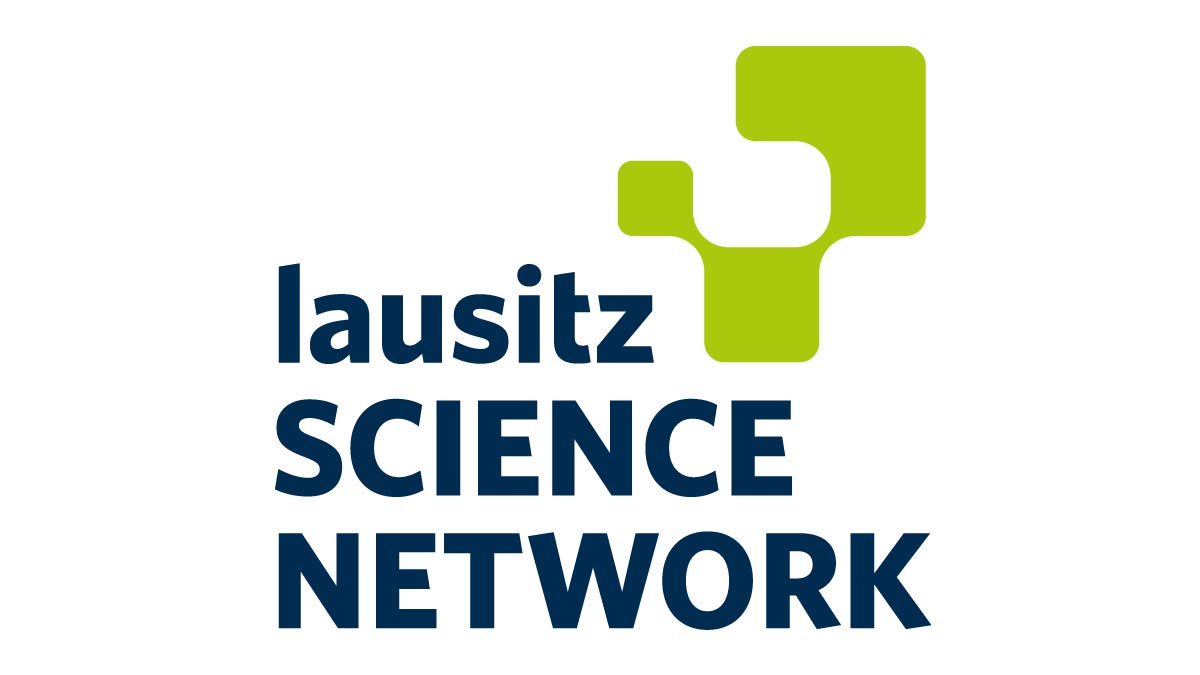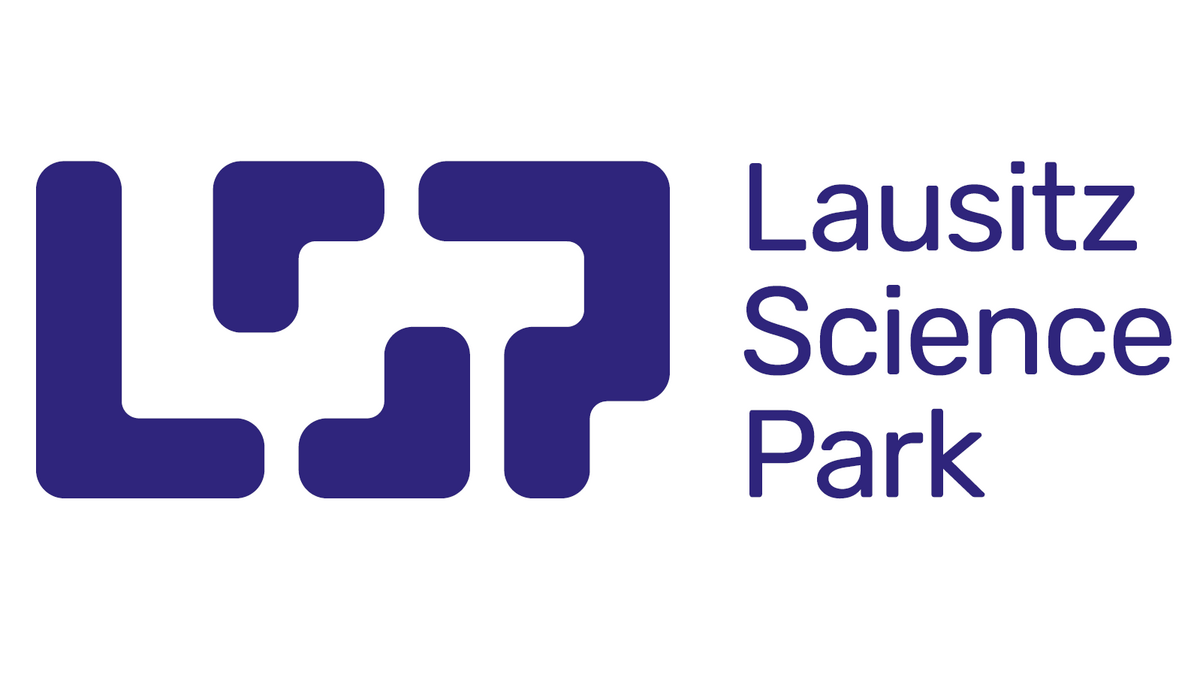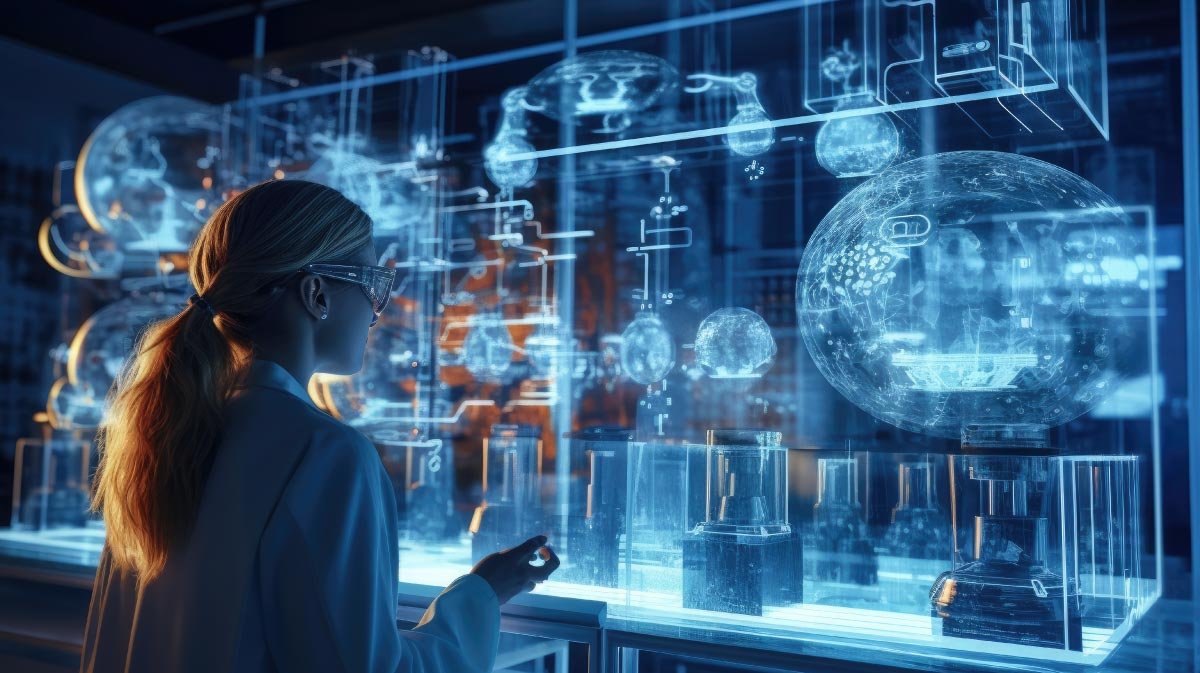Structural change and profiling
The university with a changing profileProfile lines
By expanding its research profile, BTU is strengthening basic and application-oriented research into the Grand Challenges of our time and creating thematic clusters and synergies with the dynamic and solution-oriented merger into profile lines.
Officers for the profile lines

Karl Hosang
Energy transition and decarbonisation
T +49 (0) 355 69 4785
hosang(at)b-tu.de
Networks and partners
BTU initiates and maintains close networks and strategic partnerships. This cooperation is expressed, among other things, in joint appointments and collaborative projects.

![[Translate to Englisch:] [Translate to Englisch:]](/fileadmin/_processed_/2/3/csm_btu_forschungsfeld_01_EnergiewendeDekarbonisierung_RGB_986f4dae5c.png)
![[Translate to Englisch:] [Translate to Englisch:]](/fileadmin/_processed_/3/7/csm_btu_forschungsfeld_03_GesundheitLifeSciences_RGB_4754583c6b.png)
![[Translate to Englisch:] [Translate to Englisch:]](/fileadmin/_processed_/a/d/csm_btu_forschungsfeld_04_Ku__nstlicheIntelligenzSensorik_RGB_d5d565c3cf.png)
![[Translate to Englisch:] [Translate to Englisch:]](/fileadmin/_processed_/4/c/csm_btu_forschungsfeld_02_GlobalerWandelTransformationsprozesse_RGB_4b3f92aac1.png)





